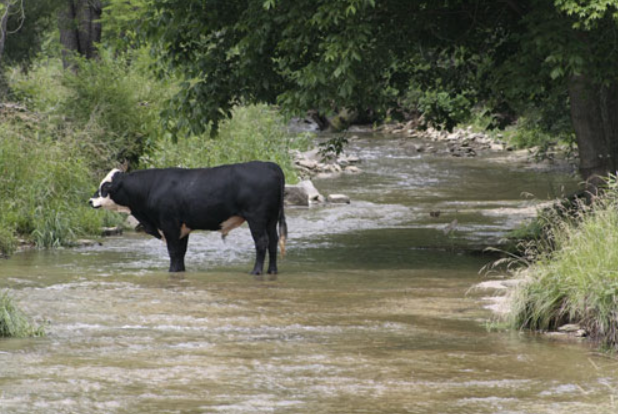
SEO Advice for Photographers
If a photo is a snapshot in time and the written word is timeless, wouldn't thoroughly describing your photos and your vision speak volumes? Search Engine Optimization (SEO) is advertised everywhere on the Internet. The fact of the matter is that you can do it yourself on your website. Photographers need to get into the habit of doing a couple simple things when putting their pictures online to take advantage of search engines. Unless your name is Scott Kelby, Jeremy Cowart or Chase Jarvis, you may need a little help getting noticed on the Internet.
- Always name your photo. Be specific and do not use the name that your camera has given. There should be no images named “_mg_1508.jpg” on the Internet. If your picture is a picture of a cow in a creek, name the picture “cow-in-creek.jpg.” Search engines do not have eyes and cannot see your picture but they can read! KISS (Keep it Simple Stupid)
- Always use alt attributes on photos. If you do not know what this is, let me explain. HTML code is simple. When you look at the code of a picture, the basic code looks like this: <img src=”http://www.yoursite.com/images/cow-in-creek.jpg”>. To add the alt attribute feature it should look like this: <img alt=”Cow in Creek Picture” src=”http://www.yoursite.com/images/cow-in-creek.jpg”> If for some reason that your photo is unavailable. The spot will still be filled with the alt attributes. Search engines pull text not photos. Use clear alt attributes for photos. Again if it is a cow in creek photo, use alt=”Cow in Creek.”
- Always add descriptions to your photos. Adobe Lightroom and most photo editing software have features that allow you to add descriptive information to your photo in the Meta data section. USE it! Again, search engines do not have eyes to see your photo but they can read the description.
- Keywords. Do a keyword search on Google before you add keywords to your photo. You will be surprised. I put in “cow in creek” “photography” and “photo.” So how do I read these statistics: I stay away from keywords like “photography” and “photo” because I have too much competition for those photos. To keep my picture in the top searches I use keywords like: “cow in creek” which only has a 3% competition. I would actually add the location of the picture and describe the cow. This will broaden your search placement! Example keywords: cow in creek, Corydon Indiana, black cow with white face, black cow in water
|
Keyword |
Competition |
Global Monthly Searches |
|
|
|
cow in creek |
- |
- |
- |
|
|
photography |
0.25 |
16600000 |
11100000 |
|
|
photo |
0.34 |
68000000 |
16600000 |
|
|
digital photography |
0.44 |
368000 |
201000 |
|
|
famous photographers |
0.24 |
110000 |
74000 |
|
|
stock photography |
0.85 |
135000 |
74000 |
|
|
types of photography |
0.09 |
14800 |
9900 |
|
|
photography jobs |
0.67 |
110000 |
49500 |
|
|
photo editor |
0.35 |
1220000 |
450000 |
|
|
national geographic |
0.25 |
3350000 |
1500000 |
|
|
photography tips |
0.33 |
165000 |
74000 |
|
|
popular photography |
0.41 |
22200 |
14800 |
|
|
cow creek |
0.03 |
5400 |
5400 |
|
|
photo editing |
0.45 |
1000000 |
450000 |
|
- Another great tip is to title your web pages appropriately. Example: My site name is RebeccaDevereaux.com, because it is my site. Each of my pages is titled with “Rebecca Devereaux” but adds a dash plus the title of the article. If you are on my page, you will see the title in your web browser. “Rebecca Devereaux – SEO for Photographers” I am highlighting an article I wrote and want to name the title to allow for better search engine placement. This is a simple HTML sample:
<html>
<head>
<title=”Rebecca Devereaux – Cow in Creek”></title>
</head>
<body>
</body>
</html> - Another great tip is to not use FLASH! Flash is a great way to protect your photos from being stolen but it is NOT search engine or mobile phone friendly! There are other resources that can be used to disallow right clicking to steal photos.
- Add captions to your photos directly under or just above the picture. Even if it is just to add the title again and the name of the photographer. For example: “Cow in Creek” photographer Rebecca Devereaux 2010.
This is just a small list of things to do to get your photos noticed. Good practices are always good habits it get into. Good luck and I hope to see your photos soon.
- Hits: 806
